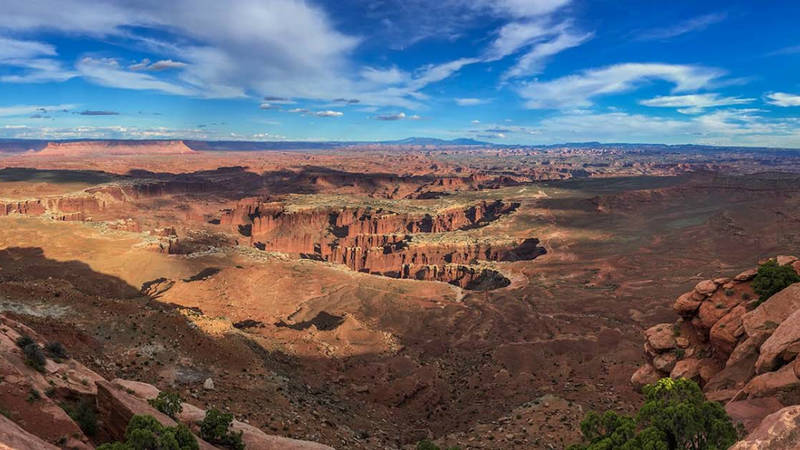Funding awarded to seven middle Georgia counties for 30 new signs
Macon, GA – The National Parks Conservation Association (NPCA), through the generosity of an anonymous donor, has awarded seven middle Georgia counties funding to purchase 30 new signs highlighting public access points along the Ocmulgee River Water Trail. The grant will allow for signs to be placed in Ben Hill, Bleckley, Dodge, Houston, Pulaski, Telfair and Wilcox counties to raise awareness and improve access to the trail.
“We are extremely happy to be able to support this multi-county collaboration with funding to promote public awareness of the Ocmulgee River Water Trail,” said NPCA Senior Program Manager Chris Watson. “NPCA remains committed to a range of initiatives in middle Georgia, including the expansion of Ocmulgee National Monument, protecting Native American cultural sites, conserving outstanding wildlife habitat, and permanently protecting public hunting areas. Promoting the growth and vitality of the water trail are part and parcel of these efforts.”
The Ocmulgee Water Trail Partnership, in conjunction with local governments and partners and the National Park Service’s Rivers, Trail, and Conservation Assistance (RTCA) program, is building the Ocmulgee River Water Trail into a premier paddling destination.
Water trails are improved recreational routes on waterways such as rivers, lakes, canals and coastlines that include public access points, boat launches, day use sites, and some overnight camping areas. They can benefit local communities by attracting recreational visitors and connecting river enthusiasts with a region’s diverse wildlife, ecology, geology, history and heritage. The Georgia Department of Natural Resources has described the Ocmulgee River as a high priority landscape under the state’s Comprehensive Wildlife Conservation Strategy. The corridor contains over 85,000 acres of contiguous bottomland hardwood swamp, the largest block of such habitat remaining on the upper coastal plain. It is a major flyway for migratory birds and home to important populations of rare plant and animal species, including the middle Georgia black bears.
According to the Outdoor Industry Association, Georgia paddle sports, fishing, hunting, and other forms of outdoor recreation generate over $23 billion in consumer spending annually. Georgia’s outdoor recreation economy is responsible for over 231,000 jobs, $7 billion in wages and salaries, and $1.4 billion in state and local tax revenue. The increasing popularity of water trails are an important part of this economy.
In 2009, Hawkinsville Better Hometown – a local revitalization effort – received technical assistance from the National Park Service‘s RTCA program to conduct a feasibility study on establishing a water trail connecting Bullard Landing in Twiggs County to Sandy Hammock Landing in Pulaski County. As a result of that study, a larger effort emerged to create the eleven county Ocmulgee Water Trail Partnership (OWTP) and extend the trail to a total length of 200 miles, linking Macon to the start of the Altamaha River near Lumber City.
In addition to the new signage, NPCA hopes its grant assists the counties in attracting funders for additional needs of the water trail, such as the printing of color brochures and maps and infrastructure improvements at the various public landings. The grant and resulting process to design and standardize trail signage also marks the first time that the Georgia Department of Transportation (GDOT) has become an official partner for the state network of water trails.
###
About National Parks Conservation Association
Since 1919, the nonpartisan National Parks Conservation Association (NPCA) has been the leading voice in safeguarding our national parks. NPCA and its more than one million members and supporters work together to protect and preserve our nation’s natural, historical, and cultural heritage for future generations. For more information, visit www.npca.org.
For Media Inquiries
-
General
-
- NPCA Region:
- Southeast
-
Issues


